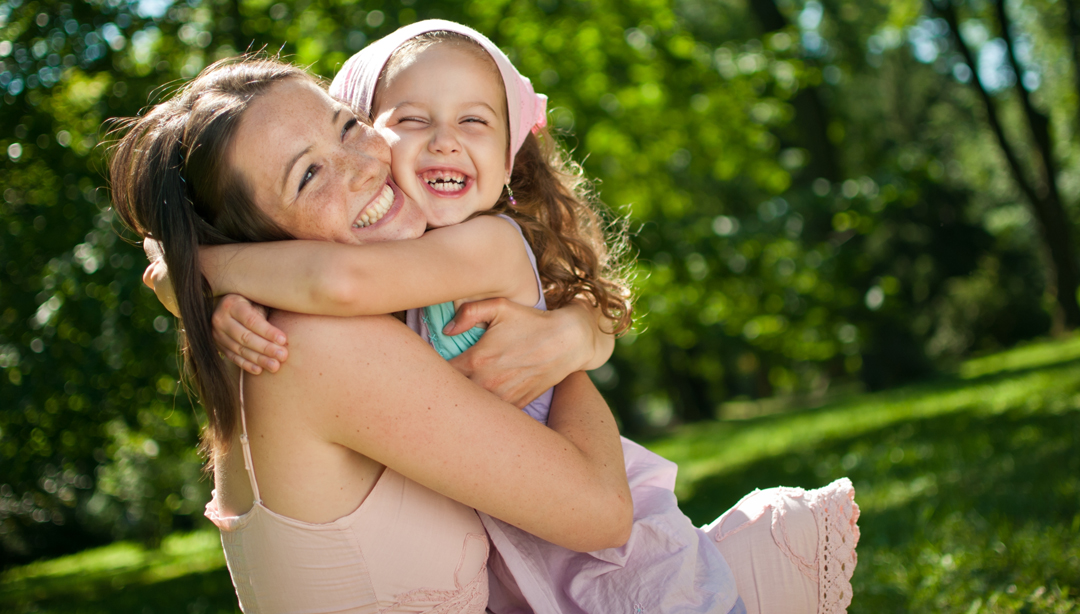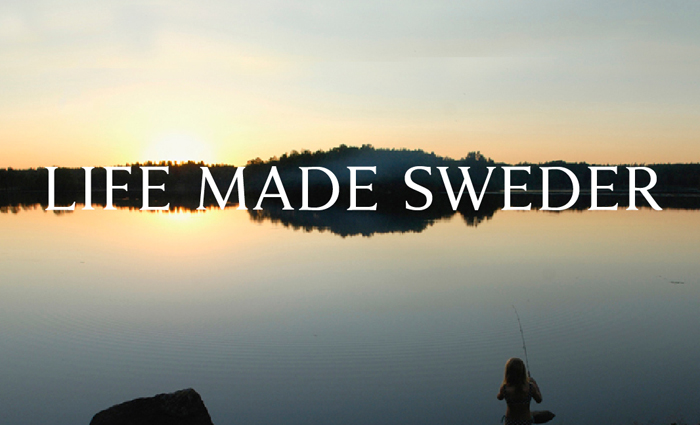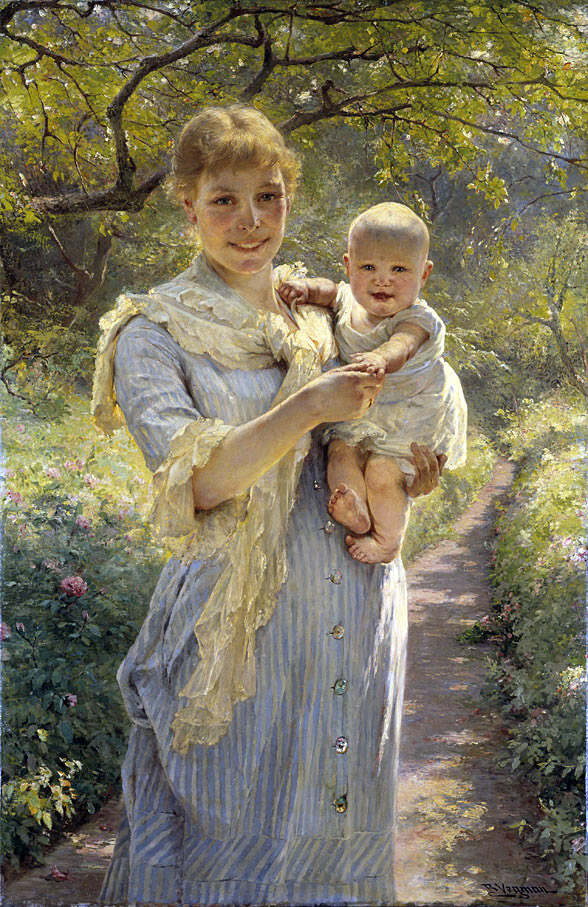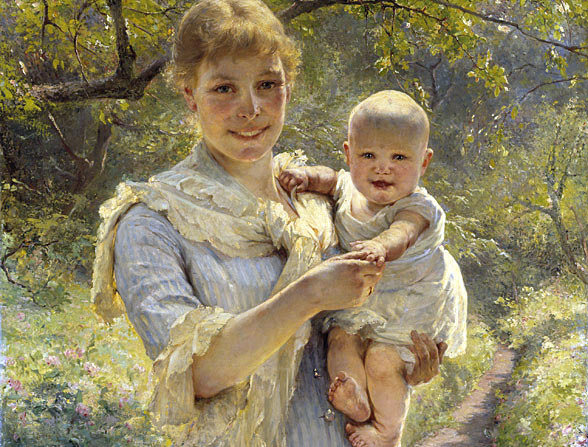Mothers in the world
Mother's Day May 12 ('Mors Dag' in Sweden on May 26) makes it fitting for us to take a closer look at mothers in the world.
-
 Happy Mother's Day all mothers! Photo: Martin Novak
Happy Mother's Day all mothers! Photo: Martin Novak -
-
Mother’s Day is on May 12 in the U.S. (in Sweden, 'Mors Dag' falls on May 26 this year), so it’s fitting to have a look at mothers in the world in 2019.
According to the most recent U.S. News & World Report, Sweden ranks highest in the world for equality for women and for raising children. (It placed 6th in the overall ranking after Switzerland, Japan, Canada, Germany and the U.K.) -
 Make Life Sweder. A subscription to Nordstjernan is the gift that keeps coming: <a href="http://www.nordstjernan.com/subscribe">SUBSCRIBE to Nordstjernan</a> Treat yourself or order it for someone you care about. (Stay on top of food - collect recipes - follow film, music and Swedish events or traditions that concern us in the United States)
Make Life Sweder. A subscription to Nordstjernan is the gift that keeps coming: <a href="http://www.nordstjernan.com/subscribe">SUBSCRIBE to Nordstjernan</a> Treat yourself or order it for someone you care about. (Stay on top of food - collect recipes - follow film, music and Swedish events or traditions that concern us in the United States) -
-
Mother's Indexes from Save the Children
Not surprisingly, it is the European countries, along with Australia, that dominate the top positions on most Mothers’ Indexes compiled by the Save the Children charity (www.savethechildren.org) in recent years. The top-ranked countries, in general, are among the best countries in the world for mothers’ and children’s health, educational, economic and political status. The five Nordic countries hold the five top positions most of the time with Norway at the top in the most recent listing and Sweden in the fifth spot. Two years earlier, Sweden came in second on the list, with Finland first, followed by Norway in third place, Iceland in fourth, the Netherlands in fifth and Denmark in sixth. -
 What’s it like to be a mother in 2019? It certainly depends where in the world you are. If you’re in Sweden, you’re in good hands. “Ung mor med barn i trädgård,” (Young mother with child in a garden), painting by Bertha Wegmann. Nationalmuseum.se ©Bodil Karlsson / Nationalmuseum 1996
What’s it like to be a mother in 2019? It certainly depends where in the world you are. If you’re in Sweden, you’re in good hands. “Ung mor med barn i trädgård,” (Young mother with child in a garden), painting by Bertha Wegmann. Nationalmuseum.se ©Bodil Karlsson / Nationalmuseum 1996 -
The U.S. came in as number 31. The contrast between the highest and the lowest-ranked countries are striking in every way. In the details of the 2013 index, we found that in Finland, nearly 43 percent of parliamentary seats are held by women; in Democratic Republic of Congo only 8 percent are. A Finnish child can expect to receive almost 17 years of formal education, while the typical child in DR Congo receives 8.5 years. Maternal death is a rare event in Finland (a woman has a less-than one in 12,000 chance of dying in pregnancy and childbirth), whereas in DR Congo, one woman in 30 is likely to die of a maternal cause.
-
 Detail: “Ung mor med barn i trädgård,” (Young mother with child in a garden)
Detail: “Ung mor med barn i trädgård,” (Young mother with child in a garden) -
The Mothers’ Index by the Save the Children charity uses indicators of maternal health and under-5 mortality as well as women’s education, income and political status.
-

-
-
